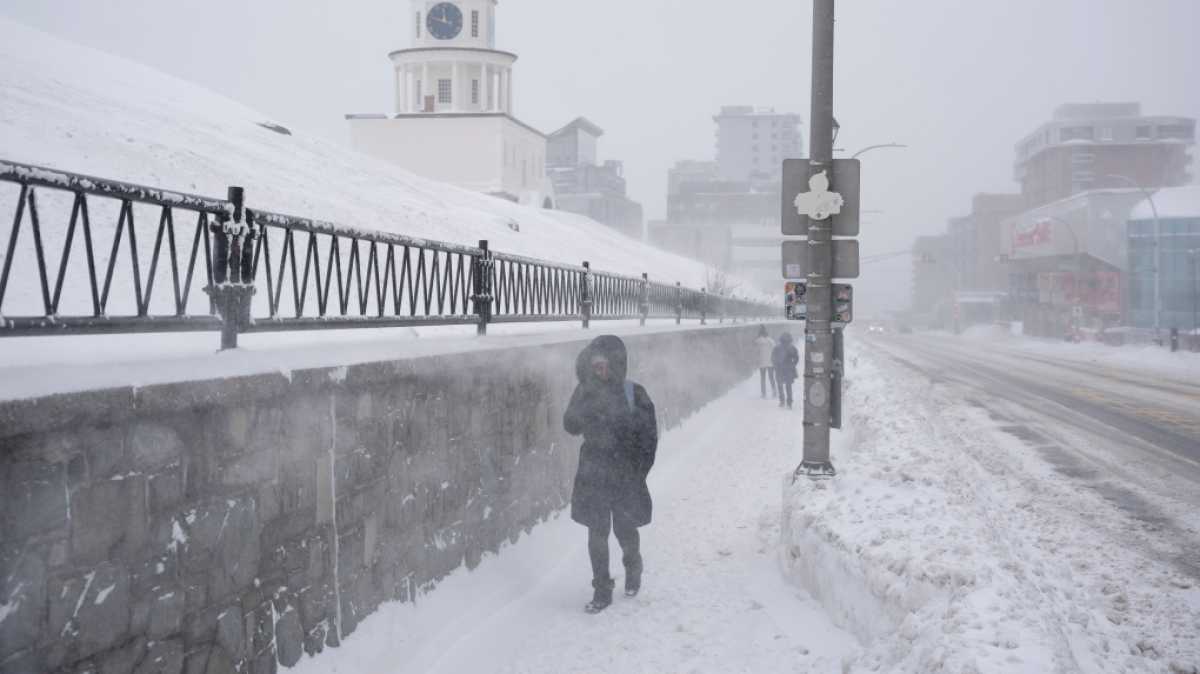News
Extreme Cold Snap Hits Regina, Causing Blowing Snow and Slippery Roads

Regina, the capital city of Saskatchewan, is experiencing a bout of extreme cold weather as temperatures dropped significantly on Monday. At Regina International Airport, the temperature is recorded at -4 degrees Celsius with strong winds coming from the northeast, making it feel much colder at -12 degrees Celsius.
The weather forecast predicts a high of -1 degrees Celsius for today in Regina, but overnight, the cold snap is expected to intensify. The city will see temperatures plummet to a low of -24 degrees Celsius, bringing below-normal cold conditions into Tuesday.
With blowing snow in the forecast for today, visibility is reduced on the roads, and surfaces are becoming slippery. Motorists and pedestrians are advised to exercise caution while commuting in these challenging conditions.
The day is expected to remain mainly cloudy with snow starting in the morning, leading to blowing snow in the afternoon. There are also fog patches dissipating early today. The west wind is anticipated to shift to north, reaching speeds of 40 km/h gusting to 60 by noon, causing temperatures to fall rapidly to a bone-chilling -12 degrees Celsius by the afternoon.
As night falls, light snow and blowing snow will end near midnight, and the sky will remain cloudy in Regina. The northern wind will pick up speed, reaching 30 km/h gusting to 50, with the temperature plunging to -24 degrees Celsius. The wind chill factor will make it feel even colder at -36 degrees Celsius during the night, posing a risk of frostbite.
On Tuesday, the city will see partly cloudy skies in the morning with the north wind blowing at 20 km/h. The temperature is expected to rise to a high of -18 degrees Celsius but with wind chills making it feel like -36 degrees Celsius in the morning and -28 degrees Celsius in the afternoon. The night will bring clear skies with the temperature dropping further to -28 degrees Celsius.












